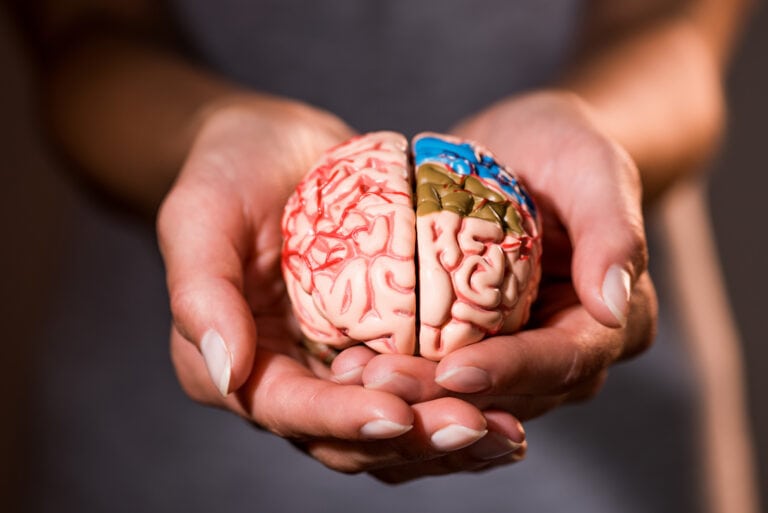
Release Your Stress in 10-Minutes or Less
Are you stressed? Who isn’t?! Life’s challenges sometimes lead us to experience anxiety – whether it’s impending deadlines, social situations, or personal worries, finding ways
78% of Americans report feeling stressed and only 57% are resilient. Resilience is defined as the ability to withstand adversity, bounce back from difficulties, and grow despite life’s downturns. It is what gets us through crises, illness, pain, and improves emotional and physical health.
In 2.5 days, the WiderPath program increases resilience, improves emotional self regulation and teaches you practical tools to reduce stress and have more choice in your life.
Using decades of research on neuroplasticity and mindfulness, our program harnesses researched- based tools and methodologies for effective results. Science has shown us that you can be free from old thought patterns and behaviors. The brain can change and grow and people can learn to bounce back from setbacks and adversity – to be resilient.
We are committed to creating a safe, inclusive environment in which the individual is free to be their whole selves. Participants can stretch – emotionally, physically, and intellectually – and build the skills needed to be more resilient.


Certain thinking patterns can become stuck in a loop, leading to negative thoughts and emotions. Participants learn techniques to identify and interrupt these recursive thinking patterns, such as mindfulness, cognitive restructuring, and positive self-talk. Practice practical strategies for developing more adaptive thinking patterns to improve mental health and well-being.
Explore how to cultivate greater self-awareness and emotional regulation to respond thoughtfully rather than reacting impulsively. Learn techniques such as mindfulness, breathing exercises, and cognitive restructuring to improve your ability to pause, reflect, and respond effectively to challenging situations. Experience practical strategies for enhancing communication and relationships by moving from a reactive to a responsive mindset.

Are you stressed? Who isn’t?! Life’s challenges sometimes lead us to experience anxiety – whether it’s impending deadlines, social situations, or personal worries, finding ways

Life is a journey filled with ups and downs, and while we can’t control every circumstance that comes our way, we can control how we

Neuroplasticity, often referred to as the brain’s “superpower,” is a fascinating and groundbreaking concept that has revolutionized our understanding of the human brain. This natural